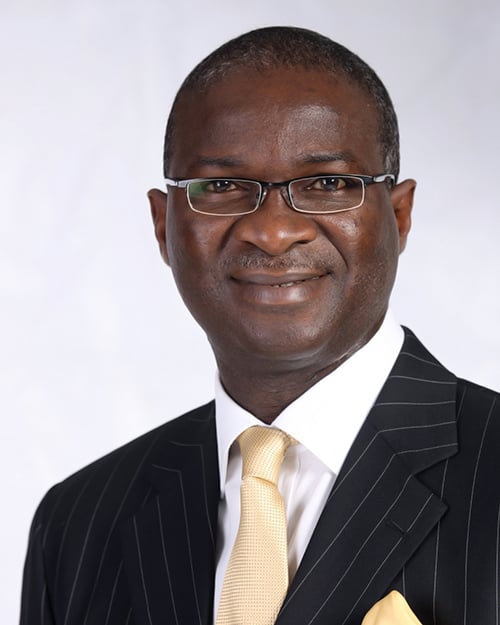The Foundation for Partnership Initiatives in the Niger Delta (PIND) and the Ford Foundation have formally concluded the bridges project.
Launched in 2023, the bridges project provided a platform for dialogue and collaboration among regulators, settlers, and host communities in the Niger Delta, promoting transparency, trust, and shared accountability in the Petroleum Industry Act’s host community development trust (HCDT) framework — a key mechanism designed to ensure that communities in Nigeria’s oil-producing states benefit directly from extractive activities.
At a two-day forum held in Ikot Ekpene, Akwa Ibom state, themed “Four years of the PIA: Lessons, gains, and the path forward for host community development trusts (HCDTs),” Sam Daibo, PIND executive director, said the forum marked a critical moment to consolidate lessons learnt and chart a path forward.
“The success of the PIA — particularly the HCDT model — depends not just on compliance, but on collaboration, trust, and shared accountability,” Daibo said.
Advertisement
“The insights gained provide a roadmap for strengthening partnerships, deepening community engagement, and sustaining development gains.”
The forum featured the presentation of the bridges project status report, highlighting progress in raising awareness about the PIA provisions, enhancing stakeholders’ collaboration, and developing participatory governance models.
Omolade Awah, the host community development administration manager at the Nigerian Upstream Petroleum Regulatory Commission (NUPRC), who represented Gbenga Komolafe, chief executive of the commission, commended PIND and the Ford Foundation for fostering dialogue that strengthens transparency and accountability.
Advertisement
Awah noted that the HCDT framework is already delivering tangible benefits across the Niger Delta, including infrastructure projects, human capital development, and improved community trust.
She reaffirmed NUPRC’s commitment to ensuring the HCDT remains a credible mechanism for sustainable development, peacebuilding, and shared prosperity.
Linus Nkan, Akwa Ibom commissioner for budget and economic planning, said the success of HCDTs depends on shared accountability, trust, and continuous learning.
Advertisement







